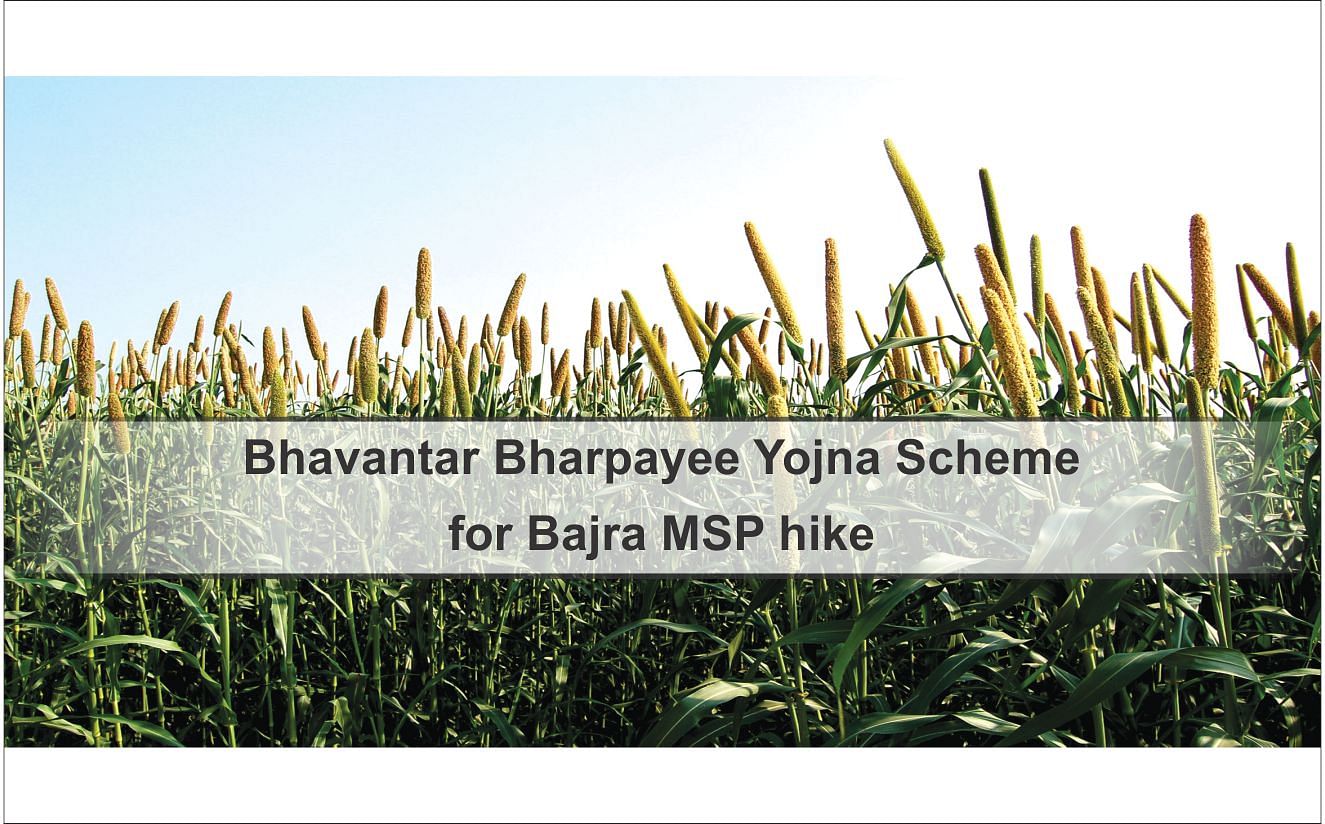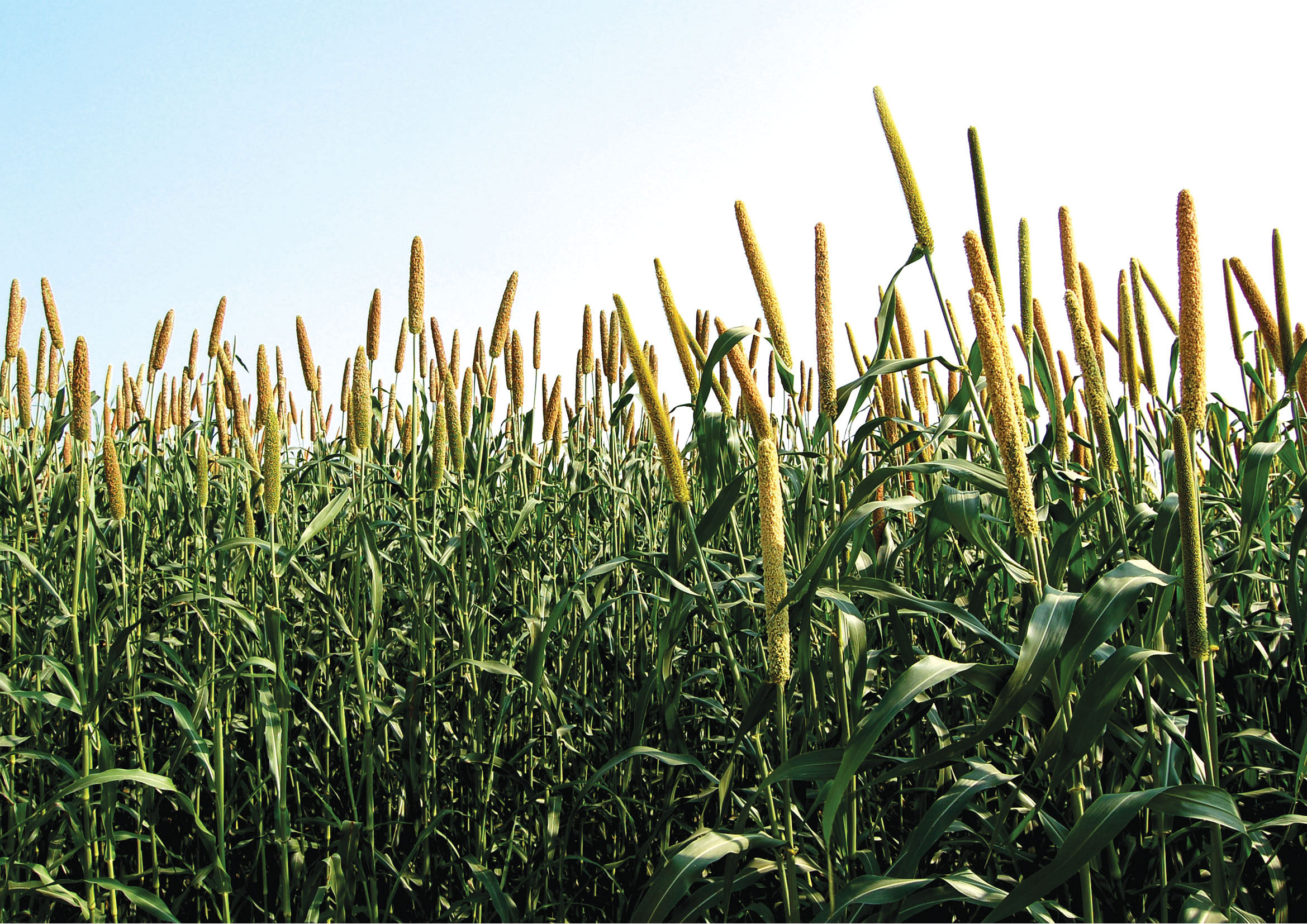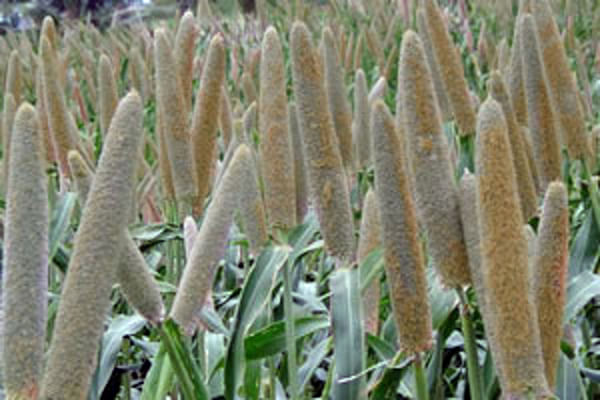
The millet is grown mainly by small farmers in semi-arid districts, especially in the southern part of the state where the priced basmati and paddy are difficult to cultivate. Bajra is an important cereal crop in Haryana. At present, the jump in procurement is attributed partly to higher MSP for the current season — the central government has increased the minimum price at which it procures the commodity by Rs 525 to Rs 1,950 per quintal.
With the open market price of bajra, or pearl millet, lagging 20-25% below its minimum support price (MSP), government procurement of the cereal in Haryana is likely to jump tenfold over last year. More than 1.5 lakh tonnes of bajra have already come for government purchase against the Centre’s initial procurement target of 1-lakh tonnes in the current season. Last year, around 31,449 tonnes of the grain were procured at government-set MSP by state agencies.

“Going by the exuberance of farmers, the arrivals are likely to cross 3 lakh tonnes for the season,” said Sanjeev Verma, director of food and supplies, Haryana. The state government is committed to procuring every grain that comes for procurement and the state agencies are equipped to handle the spurt in arrival, he told ET. Growers who do not own land fear they may find it tough to get the benefit of the scheme for want of land ownership documents.
“Most farmers in the village cultivate bajra on leased land and the scheme is unlikely to provide succor to us,” said Aqlaque Ahmed of Ferozepur Jhirka in district Mewat. But a state agriculture department official said that was not the case.

The government has launched the country's first 'Bhavantar Bharpayee Yojana,' in which tomato, onion, potato, and cauliflower have been included. The state government for the scheme would constitute a separate fund. Speaking after launching the scheme at Ganger village in Karnal, Chief Minister Manohar Lal said compensation at the rate of Rs 400 per quintal would be given for tomato and potato, whereas Rs 500 per quintal would be given for onion and cauliflower.
The state government would make a good difference, if and when the prices in the market go below the mentioned prices, the Chief Minister assured and registered a tomato growing farmer under the Bhavantar Bharpayee e-Portal and Crop Cluster Development Programme. He said as compared to the traditional crops, micro-irrigation would be adopted for tomato, onion, potato and cauliflower crops to save water. There are many areas in the state, where people are deprived of potable drinking water and tankers are used to supply drinking water. Micro-irrigation can work with about 30 percent water and helps in saving about 70 percent, he pointed out. Mr. Khattar said the state has a big market like Delhi, where farmers could sell their produce. The state government has been establishing small mandis in each district to enable the farmers to sell their produce. Similarly, Asia's biggest mandi of fruit and vegetable is being set up at Ganaur.
The government is also considering providing the facility of cold storage for farmers' produce, the Chief Minister added. Speaking on the occasion, Agriculture and Farmers' Welfare Minister OP Dhankar said with the launch of the scheme, farmers in Haryana would not have to throw their produce on the roads. The state government has, in the last three years, awarded compensation of about Rs 3,035 crore to farmers, making Haryana first such state, where such a huge amount was awarded as compensation, the Minister claimed, urging the farmers to adopt the 'Fasal Bima Yojana'.
Giving details of the scheme, Mr Dhankar said the farmers would have to get themselves registered on the Bhavantar Bharpayee website, or in the office of Haryana State Agricultural Marketing Board that he has been sowing the crop, a fact which would be confirmed by an officer appointed for this purpose. Thereafter, an SMS would be sent by the department on the farmer's mobile number. Chairperson of the Haryana State Agricultural Marketing Board Krishna Gahlawat and Principal Secretary, Agriculture and Farmers' Welfare Department Abhilaksh Likhi also spoke on the occasion. Earlier, the Chief Minister inaugurated and laid foundation stones of nine projects worth Rs 227.37 crore in Karnal.UNI JS RJ 2015
“The scheme allows registration of farmers who cultivate on leased land but there are some discrepancies related to the misspelling of names and missing digits in some bank accounts,” he said.















